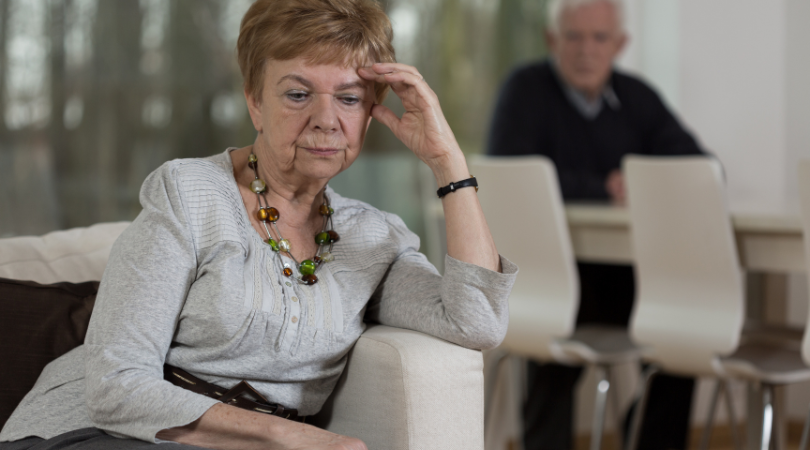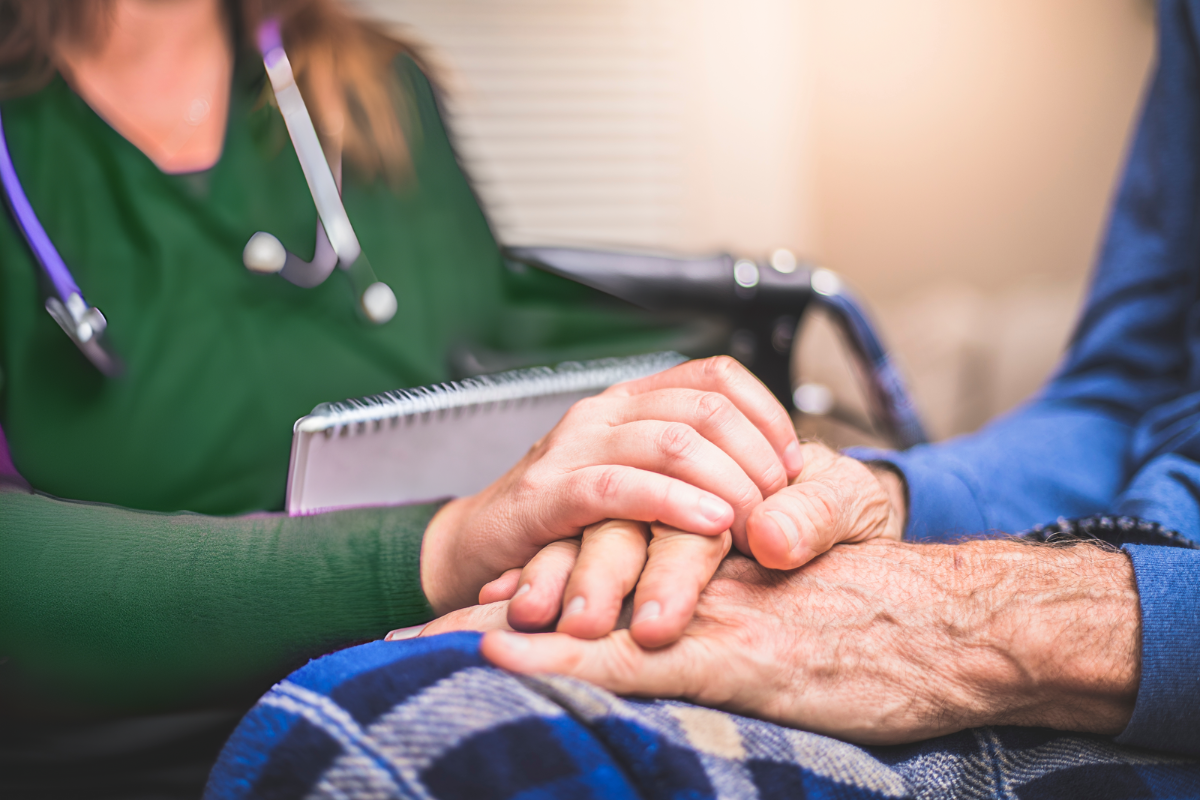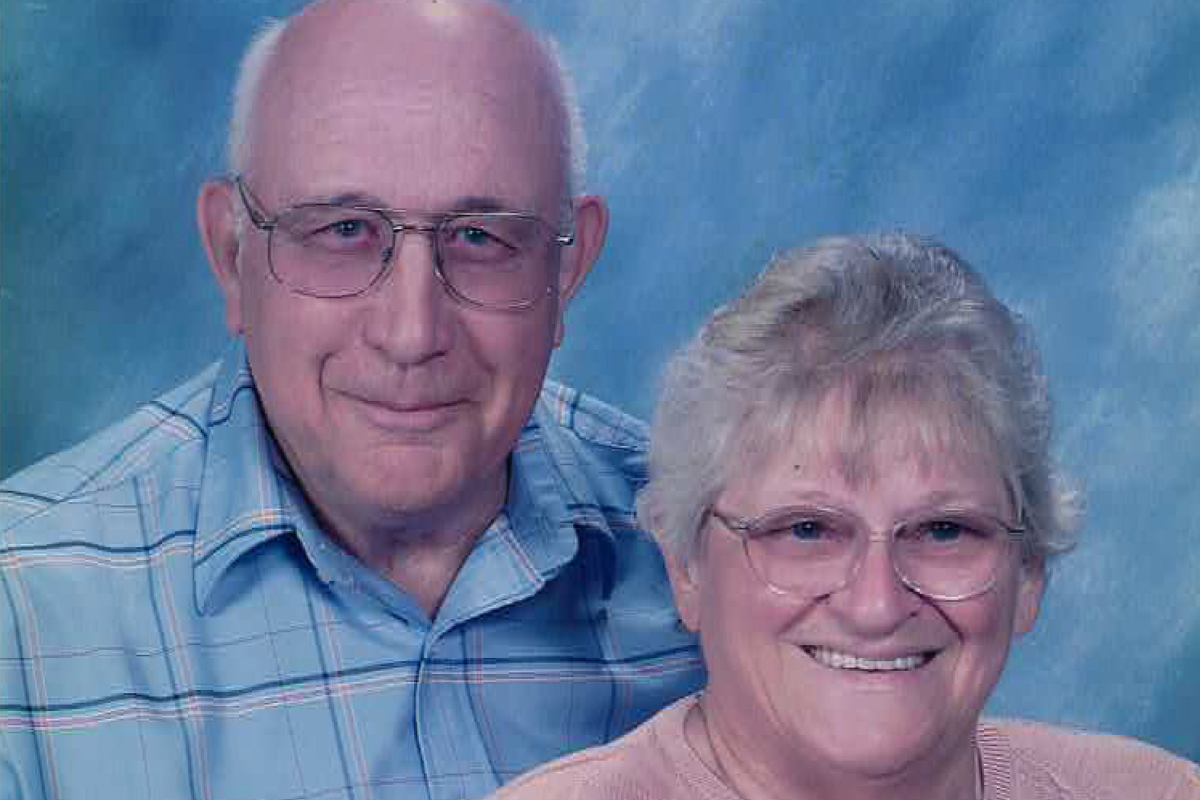Navigating Caregiver Guilt: Understanding, Coping, Healing

Providing care for a loved one can take a significant toll on a family caregiver, both physically and mentally. Despite their best efforts, caregivers often experience feelings of guilt and inadequacy, believing that they could and should be doing more. This burden of caregiver guilt only adds to the already challenging nature of caregiving, making it even more difficult to manage.

Understanding Caregiver Guilt
Some of the reasons for caregiver guilt include:
Frustration with themselves – We’re all human, and when we’re tired, it’s easy to lose your temper even with those you love the most. Caregivers often feel guilty about losing their temper with the person they are caring for.
Resentment – Caring for a loved one with a serious illness is time-consuming. It’s normal to feel some resentment for other things you’re missing out on, but many caregivers feel guilty for feeling this way.
Not Measuring Up – Family caregivers often interact with other caregivers and believe that the other caregiver is doing a better job than they are.
Needing More Help – There may come a time when a family caregiver needs to bring in extra help or place their loved one in a care facility. This can cause tremendous guilt in a caregiver who wants to do it all themselves.
Unresolved Issues – Family dynamics and past hurts don’t just go away when a loved one becomes seriously ill. Caregivers may feel guilt about hanging on to issues from the past.
Meeting Your Own Needs – Whether it’s work, childcare, health issues, or just basic self-care, there are going to be things that distract and take us away from caregiving.

Coping with Caregiver Guilt
Caregiver guilt can have a significant impact on the mental and emotional well-being of caregivers, leading to feelings of depression, anxiety, and burnout. It is important for caregivers to recognize and address these feelings in order to maintain their own health and well-being. Some strategies that may help include:
Practicing self-care – Caregivers should prioritize their own physical and mental health needs, taking time to engage in activities that bring them joy and relaxation.
Seeking support – Caregivers should seek out support from friends, family, and other caregivers who can provide empathy and understanding.
Addressing negative self-talk – Caregivers should challenge negative self-talk and remind themselves that they are doing the best they can in a difficult situation.
Setting realistic expectations – Caregivers should set realistic expectations for themselves and their loved one, recognizing that they may not be able to do everything and that it is okay to ask for help.
Finding ways to cope – Caregivers should explore different coping strategies, such as meditation, journaling, or talking to a therapist, in order to manage stress and anxiety.
Ultimately, caregivers should remember that feeling guilty is a natural part of caregiving and that it does not diminish the love and care they are providing to their loved one. By taking care of their own needs and seeking support when necessary, caregivers can better manage their feelings of guilt and maintain their own well-being.
Crossroads Hospice & Palliative Care provides support to terminally ill patients and their families. To learn more about our services, please call 1-888-564-3405.
If you found this information helpful, please share it with your network and community.
Copyright © 2023 Crossroads Hospice. All rights reserved.




